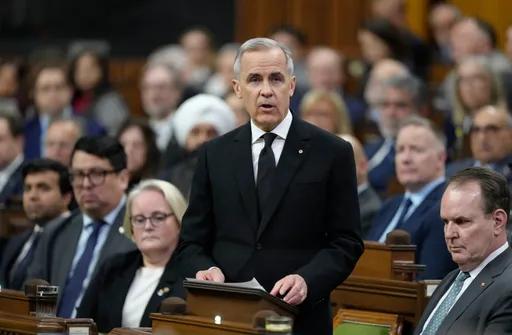The popularity of alcohol-free drinks is increasing in Australia, thanks to the pandemic, which inspired people to lead healthier lifestyles.
Two Australian liquor heavyweights, BWS and Dan Murphy said the sales of non-alcoholic beverages have more than doubled in the last year. Non-alcoholic beer and wine, he said, have become one of the fastest growing categories of their products.
Australian entrepreneur Irene Falcone, founder of Sans Drinks, said the industry has “exploded” as the quality of products has improved.
Falcone opened her second non-alcoholic bottle shop in Australia, after starting online in October 2020, and said: "I am here to disrupt an industry."
“If you do drink alcohol and want to have a break or drink less, then you now have options,” Falcone told SmartCompany.
During the coronavirus pandemic, many Australians changed their habits due to the world’s most restrictive lockdown measures.
At this period, people’s shifting to at-home drinking, together with increasing health concerns, has increased the consumption of non-alcoholic drinks.
According to a study, the alcohol consumption of young people from secondary schools in New South Wales, Tasmania, and Western Australia, during the coronavirus restrictions has decreased by 17 percent compared to pre-pandemic overall data.
Not only quantity but also the frequency of alcohol consumption decreased among young Aussies.
On the other hand, “there was a 34 percent decline in the rate of alcohol-related harms in the same period.”
Alcohol consumption is an intrinsic part of Australian culture and plays a central role in the country's social life. Even heavy drinks are acceptable in nearly all kinds of social situations, from after school or work activities to weddings even at funerals or baby showers.
Cheap and easy
“Drinking is seen as a way to relax, a way to connect with people, a way to celebrate our achievements, and a way to enjoy life,” reads research carried out by the Victorian Health Promotion Foundation.
During the colonial days of Australia, rum was used as a de facto currency together with other currencies.
The pandemic has accelerated quitting alcoholic drinks as Jess Stor, 27, told BBC that she quit drinking last August.
"I was a G&T loving, craft beer-chugging, martini sipping gal for a big part of my life", she said.
"But anxiety and binge drinking [were] heavily sprinkled through my twenties, and my mental state is so much more balanced these days. It's amazing how once you stop numbing the world, your senses become much more enlivened, too."
Not only younger people, but also older Australians also take such decisions.
Janene Young, 44, mother of two children in Brisbane, gave up drinking alcohol two years ago after 27 years consuming alcohol.
"It [alcohol] was more of an emotional painkiller. I wasn't very nice. I wasn't as present as I could be for my kids or for my husband. Very moody, extremely anxious and depressed,” Young said.
"There was so much anxiety - that has all gone since I stopped drinking."






















